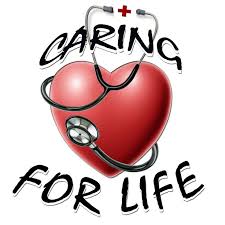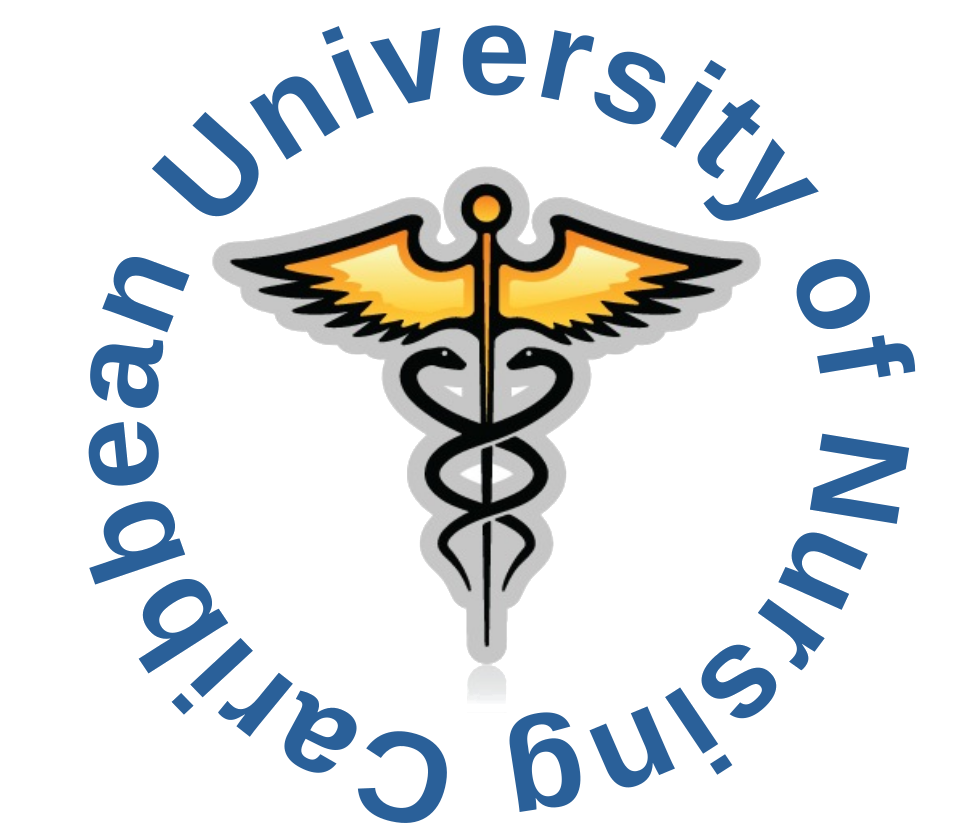We do not only believe in healthcare equality, but also in educational fairness and equality in opportunity. That means all students, passing standard prerequisites, are given the chance to follow our nursing program. We have no ballot and our program is not the sole prerogative of A-grade students. It is our task as a nursing school to bring all eligible students to excellence!
Our Professional Principles
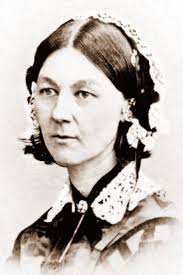
- Holistic and natural approach to Well-being, Nursing and Healing.
- Focus on multi- and interdisciplinary teamwork.
- Patient-centered approach.
- Community and family focused.
- Open minded.
Our Educational Principles
- Student-centered, adaptive and differentiated, instead of instructor-centered and generalized.
- Knowledge and skills across the board of healthcare.
- Acquiring knowledge based on research, critical thinking, analysis, clinical reasoning and best practices.
- Working and studying based on Evidence Based Practice.
- Integrative Learning (IL).
- Problem Based Learning (PBL).
- Concept Based Curriculum (CBC).
Both Nursing students and faculty around the world have been struggling with the content of their programs. There is a considerable risk of ‘content overload’ and students tend to drown in it. That doesn’t mean that all hope is lost and future Nurses won’t be able to become and stay up-to-date. It just means that we have to rethink the way in which we educate you and the way that you study. Since you are educated ‘across the board of healthcare’, it would take you more than 20 years to learn every single detail of your profession, being educated the traditional way!
The answer is called a Concept Based Curriculum (CBC). A CBC works from concepts, ‘the bigger picture’, so to speak, instead of engaging you in an almost microscopic focus on details and more or less isolated topics, throughout the program. A CBC confronts you with general concepts, for instance ‘Nutrition’. Studying the concept ‘Nutrition’ means researching, discussing and analyzing the whole ‘nutrition framework’, including culture, religion, lifestyle, social class and access to healthy food, instead of only focusing on an isolated set of necessary vitamins and minerals, an isolated cultural course and an isolated sociology course.
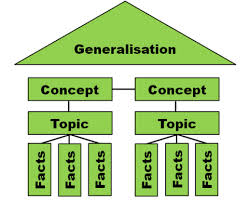
You will learn to apply this conceptual way of learning in different clinical settings and situations and across different specialties and disciplines and even put it to good use in fields outside of the healthcare scope. Instead of having to memorize packages of isolated facts, you will be offered different scenario’s, for each concept. Clinical reasoning, analysis, research and Evidence Based Practice (EBP) will then enable you to ‘couple’ other scenario’s to concepts and you will learn how to ‘derive’ methods, conclusions, best practices and results from scenario-outcomes.
Mind you, you will be doing a big part of the ‘heavy work’ yourself. You, often together with your fellow students, as a team, will 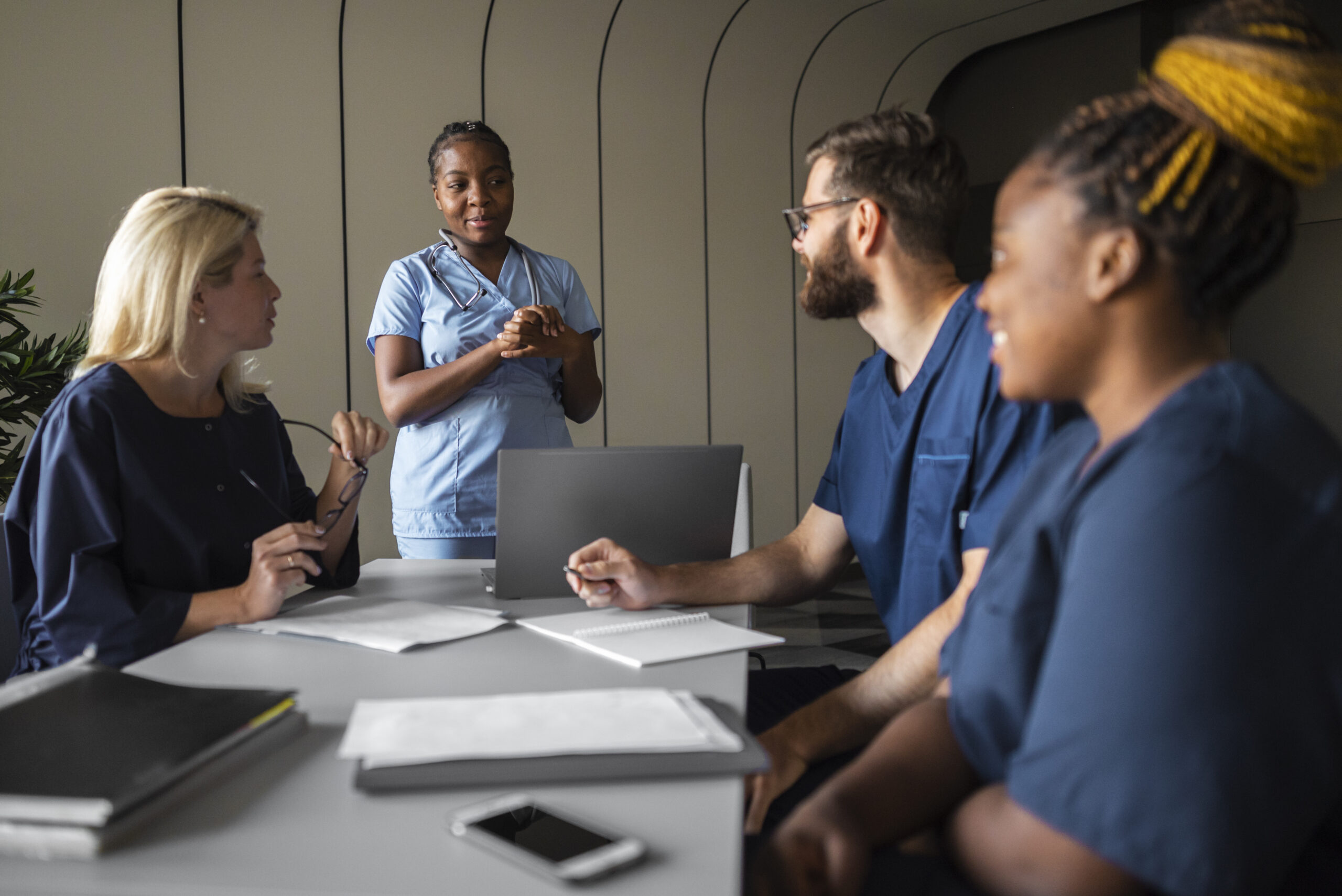 do the research, the analyzing, looking for and making connections between clinical situations and disciplines, acquiring knowledge that was not obvious from the start of your research and looking for answers to given problems and issues. This method is called Problem Based Learning (PBL). As you probably know from your own life-experience, things you find out yourself will ‘stick’. Also, you will acquire a better understanding of the problem and its (possible) solutions. Therefore, we don’t want you to sit back and listen to your instructors, hours in a row, trying to absorb as much knowledge as possible, before your brain “shuts down” for the day. We want you to ‘do stuff’! With us, your instructors are your ‘coaches’. They will support, facilitate, put you on the right track and guide the process. Don’t worry, there is also still ‘traditional’ transfer of knowledge, tests and exams and grading your assignments. . .
do the research, the analyzing, looking for and making connections between clinical situations and disciplines, acquiring knowledge that was not obvious from the start of your research and looking for answers to given problems and issues. This method is called Problem Based Learning (PBL). As you probably know from your own life-experience, things you find out yourself will ‘stick’. Also, you will acquire a better understanding of the problem and its (possible) solutions. Therefore, we don’t want you to sit back and listen to your instructors, hours in a row, trying to absorb as much knowledge as possible, before your brain “shuts down” for the day. We want you to ‘do stuff’! With us, your instructors are your ‘coaches’. They will support, facilitate, put you on the right track and guide the process. Don’t worry, there is also still ‘traditional’ transfer of knowledge, tests and exams and grading your assignments. . .
Let us put it this way; we are not just handing you the fish, we are teaching you how to catch it.
It’s all about learning how to organize information and putting that information to use in all possible (Nursing) scenario’s. Working top-down, instead of bottom-up. You will learn to figure out for yourself how clinical situations are linked to certain concepts and frameworks. It is now probably clear to you, that this also includes having a look at disciplines and fields that are not always directly bound to Nursing or even healthcare in general. In order to get a good grasp on the ‘whole picture’, we need to include all disciplines and fields that somehow have an impact on healthcare, but are easily overlooked. This ‘Integrative Learning’ (IL) is an important principle in our way of educating you. It will broaden your horizon and you will learn to see and make connections, that otherwise may have stayed ‘hidden’ in disciplines you don’t consider yours, like anthropology or even political science.
We also embrace other new ways of learning. The ‘new generation student Nurse’ is not e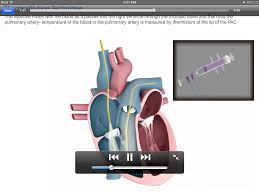 ager to silently listen to instructors all day long. They need to do research, use multimedia, link, analyze, work together and put their knowledge and skills to the test, even when there is no lab or practice-room available. We are moving from the ‘textbook generation’ to the ‘virtual reality’ generation. That doesn’t mean we don’t use textbooks anymore. It does mean that we use a combination of different learning modalities; online resources, virtual (clinical) simulations, practical simulations, (online) concept mapping, animations and video’s, (online) adaptive testing and more.
ager to silently listen to instructors all day long. They need to do research, use multimedia, link, analyze, work together and put their knowledge and skills to the test, even when there is no lab or practice-room available. We are moving from the ‘textbook generation’ to the ‘virtual reality’ generation. That doesn’t mean we don’t use textbooks anymore. It does mean that we use a combination of different learning modalities; online resources, virtual (clinical) simulations, practical simulations, (online) concept mapping, animations and video’s, (online) adaptive testing and more.
Why? Because we are educating you to become the best nurse you can be! You don’t consider a disease as an isolated phenomena, you consider the patient as a whole person. Not just isolated medical issues, but all physical, mental, cultural, spiritual, emotional and social aspects, making a person a ‘whole’ human being, are taken into account. We will take you on a journey through natural and traditional ways of healing, used in non-western cultures, alongside modern ‘mainstream’ pharmaceutical medicine.
